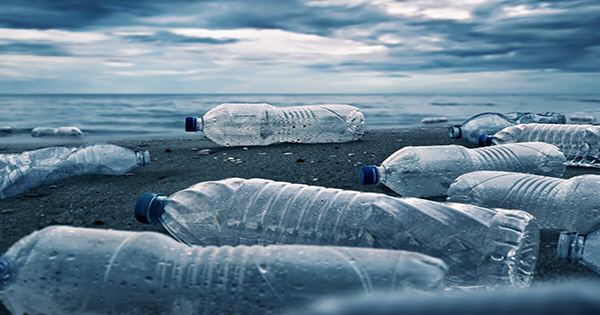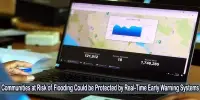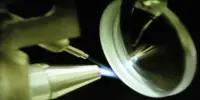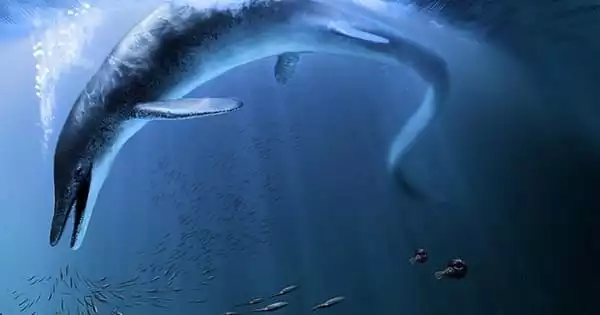Scientists have discovered that bacteria all across the world have developed a liking for plastic, which is devastating evidence of the planet’s pollution crisis. Scientists from Chalmers University of Technology in Sweden found that the number of microbial enzymes that can digest plastic is increasing, which is directly related to rising levels of plastic pollution, according to a study published in the journal Microbial Ecology. In other words, regions with greater plastic pollution appear to have more microorganisms that eat plastic in their soil and waters.
According to the study’s authors, this clearly suggests that microbial life is changing to cope with global plastic pollution. “Right now, very little is known about these plastic-degrading enzymes, and we were surprised to find so many of them in so many diverse bacteria and environments.” In a statement, Jan Zrimec, the study’s first author, stated, “This is a surprise result that truly emphasizes the enormity of the issue.”
The researchers studied data on microbial DNA in samples from 236 places throughout the world to arrive at these conclusions, especially hunting for genes that code for plastic-degrading enzymes. They discovered 30,000 enzymes with the ability to digest 10 distinct forms of plastic – 12,000 in the ocean microbiome and 18,000 in the soil.
“We found multiple lines of evidence using our models that the global microbiome’s plastic-degrading potential correlates strongly with measurements of environmental plastic pollution – a significant demonstration of how the environment is responding to the pressures we’re putting on it,” says study author Chalmers Associate Professor in Systems Biology Aleksej Zelezniak.
Every year, around 8 million tons of plastic enter the world’s seas. Plastics were only mass-produced in the latter part of the twentieth century, but within a few decades, this manufactured substance had become abundant in the natural world. There is now barely a natural habitat on Earth that is unaffected by plastic pollution, from Antarctic ice to the Mariana Trench’s depths. Plastic’s tenacity is one of its most appealing qualities, but it also means that it lasts a long period in the environment before deteriorating. For example, a plastic straw might take up to 200 years to degrade.
Despite the enormity of the problem, the researchers behind this new discovery think that their findings might utilize to uncover and adapt enzymes’ innovative recycling processes to aid in the fight against global pollution. “The next stage would be to explore the characteristics of the most promising enzyme candidates in the lab, as well as the rate of plastic breakdown they can achieve.” “From there, you might create microbial communities with specialized polymer-degrading capabilities,” Zelezniak explains.
















